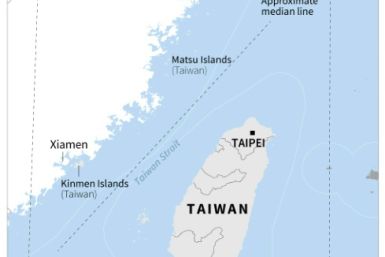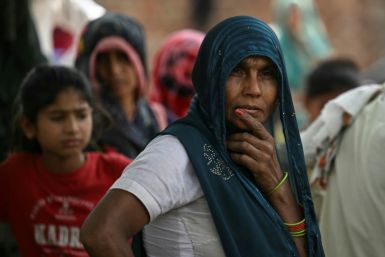Thalidomide Class Action: AU$89 Million Paid to Over 100 Victims in Australia and New Zealand
A class action by Australian and New Zealand victims of thalidomide, a morning sickness drug, has finally ended in a settlement of AU$89 million or NZ$99 million.
The Victorian Supreme Court announced the settlement to be paid by German pharmaceutical company Grunenthal and Distillers, the Australian distributor of thalidomide bought by UK company Diageo in 1997.
Lawyer Peter Gordon told Victorian Supreme Court Justice David Beach that the awarding of the settlement had been a long time coming.
Mr Gordon said the settlement has finally been reached after spending months on the negotiating table following a confidential multi-million dollar compensation awarded to thalidomide victim Lynette Rowe by Diageo in July 2012. Ms Rowe was born without arms and legs as a side effect of the morning sickness drug taken by her mother.
Ms Rowe was also present in the Victorian court on Dec. 2 with her parents to witness other victims get justice for their birth defects.
Mr Gordon told the court that the class action involved more than 100 thalidomide victims in Australia and New Zealand. The class action would be paid a settlement of AU$89 million plus AU$6.5 million in fees pending the approval of the court.
One of New Zealand's high profile victims, Barry de Geest, said the settlement was great news for thalidomide victims who had not received any form of compensation. Mr de Geest will not be included in the settlement since he has been previously compensated.
Although the settlement is a positive outcome, it meant the separate class action against Grunenthal will be dropped. Mr de Geest was disappointed that the German pharmaceutical company will not be held accountable for the damages.
Most of the victims of thalidomide are in their fifties and the settlement may be the final chapter in the class action of thalidomide victims.
In July 2012, Fairfax Media reported that the German pharmaceutical company ignored and hid repeated warnings that thalidomide could cause birth defects or damage to unborn babies. Reports said Grunenthal archives contained files of a global cover-up for 50 years.
As the files were exposed, an estimated 10,000 babies from all over the world were born with physical deformities because their mothers had taken the morning sickness drug, thalidomide.
It was claimed in the report that the company developed, patented and brought thalidomide to Australia between 1950 and 1955. The manufacturer declared the drug to be non-toxic and safe with no side effects to babies and children. Thalidomide was deemed "an effective treatment for nausea, sleeplessness and anxiety."






